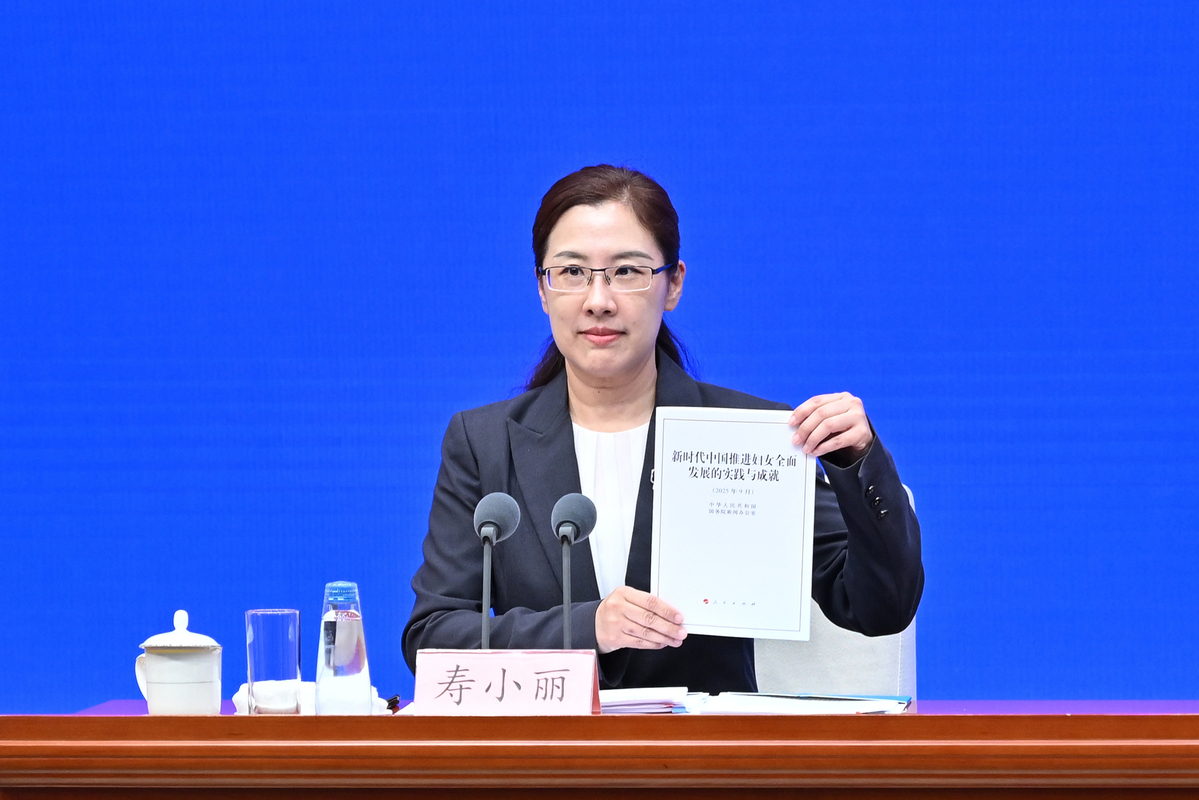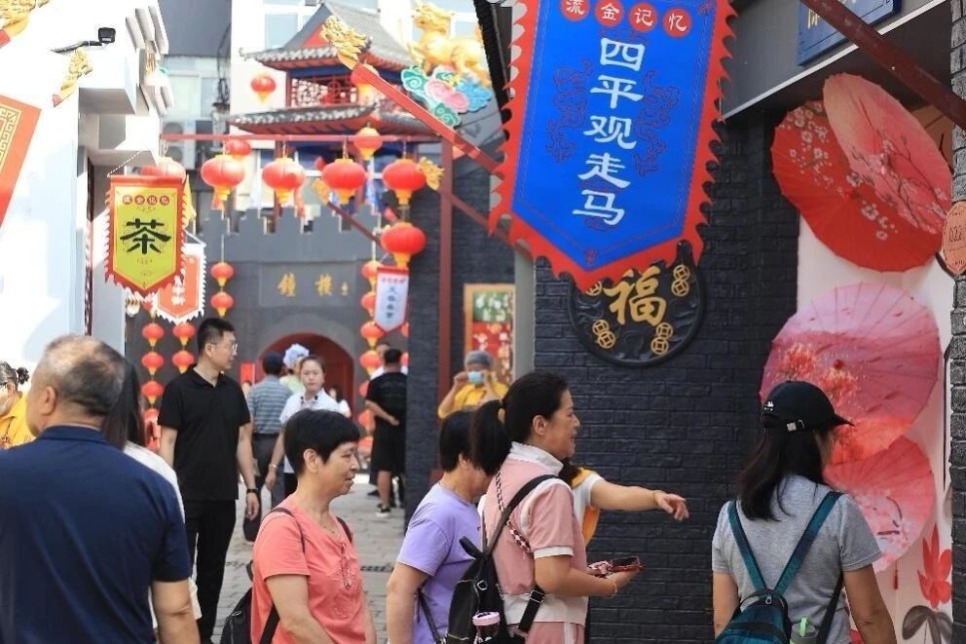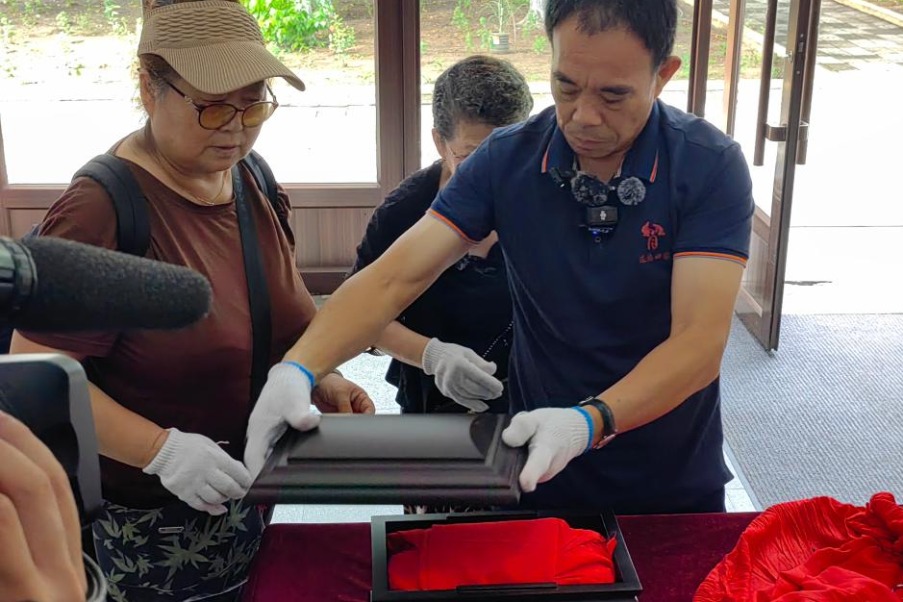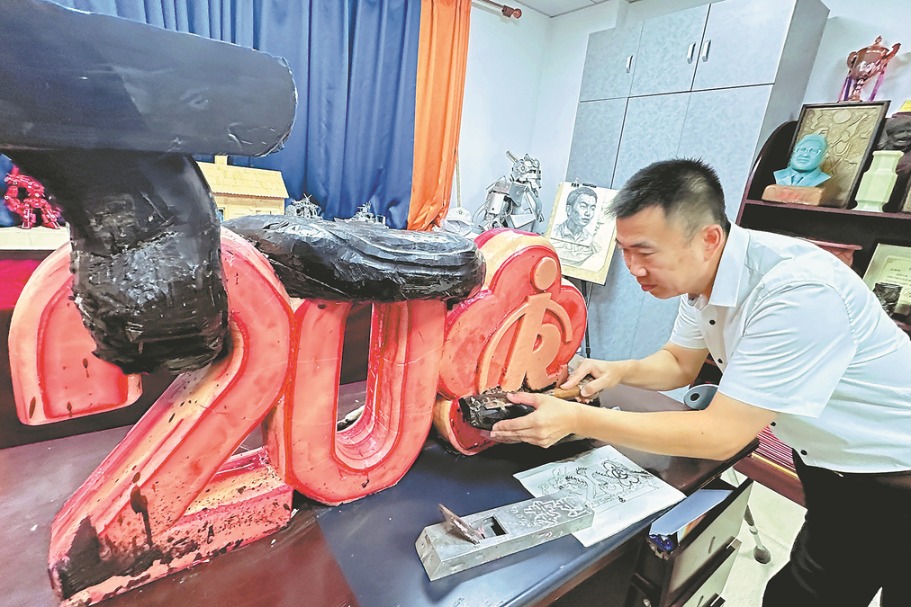Women benefit extensively from China's poverty alleviation campaign: white paper


BEIJING -- A white paper released Friday by the State Council Information Office highlighted Chinese women's extensive benefits from the country's epic campaign of poverty alleviation.
Women, who comprise approximately half of the impoverished population in China, have benefited from targeted resource allocation in efforts including project arrangement, capital utilization, and the introduction of household-specific measures, according to the white paper, titled "China's Achievements in Women's Well-Rounded Development in the New Era."
The white paper underscored China's efforts to ensure that impoverished women have access to basic medical and health services, compulsory education, government subsidies, basic food and clothing, and safe housing.
A dynamic monitoring and assistance mechanism has been established to prevent any relapse into or occurrence of poverty, and support remains in place for women lifted out of poverty and those in low-income areas to participate in the local economy, seek more employment opportunities, and increase incomes, according to the white paper.
China has leveraged new forms of business and industries such as e-commerce programs, photovoltaic technology, and tourism to help impoverished women find good jobs within their local communities. In ethnic minority areas, the transition of the hand-knitting business from a purely traditional craft to a driver of the local economy has transformed the lives of the women embroidery artisans in the Miao and Yi communities.
China has also increased fiscal and financial support to women in poverty. Cumulatively, over 450 billion yuan (about $63.27 billion) in guaranteed microloans and poverty alleviation microcredit were disbursed to women in need, and 8.7 million impoverished women saw their income increased through entrepreneurship, the white paper noted.
As of 2020, training programs had been organized for a total of 10.21 million impoverished women and female technicians. From 2023 to 2024, the Rain and Dew Program sponsored 632,000 women to receive vocational education, allowing them to continue their march out of poverty, said the white paper.
Furthermore, China has advanced infrastructure development, fundamentally solving many of the issues impeding women's development in impoverished areas, such as insufficient access to transport, electricity, water and communications, it added.
- Women benefit extensively from China's poverty alleviation campaign: white paper
- Women in China benefit from more comprehensive, reliable, equitable social security: white paper
- Xinjiang launches new power line, boosting green energy transport
- Continuously improved policies ensure better family lives for women: white paper
- Chinese women's health notably improved: white paper
- Multiple economic indicators in Xinjiang rank among fastest nationwide: official




































